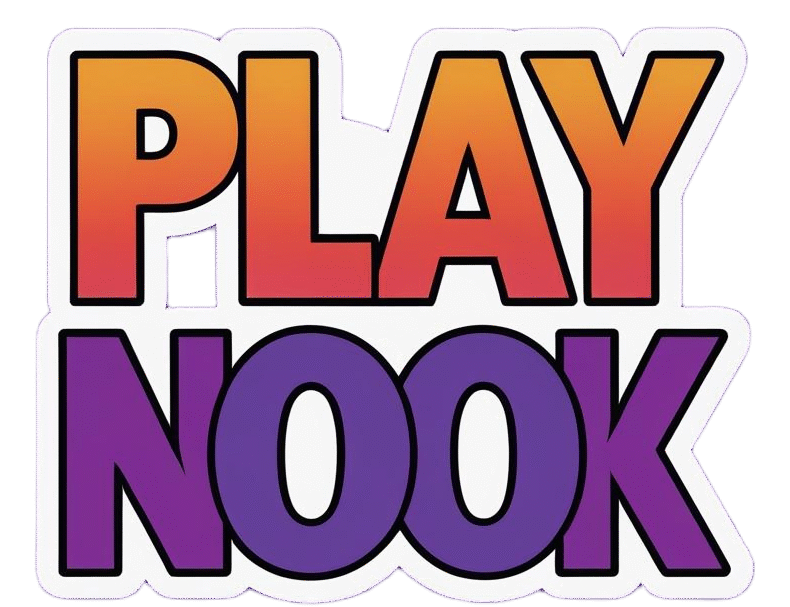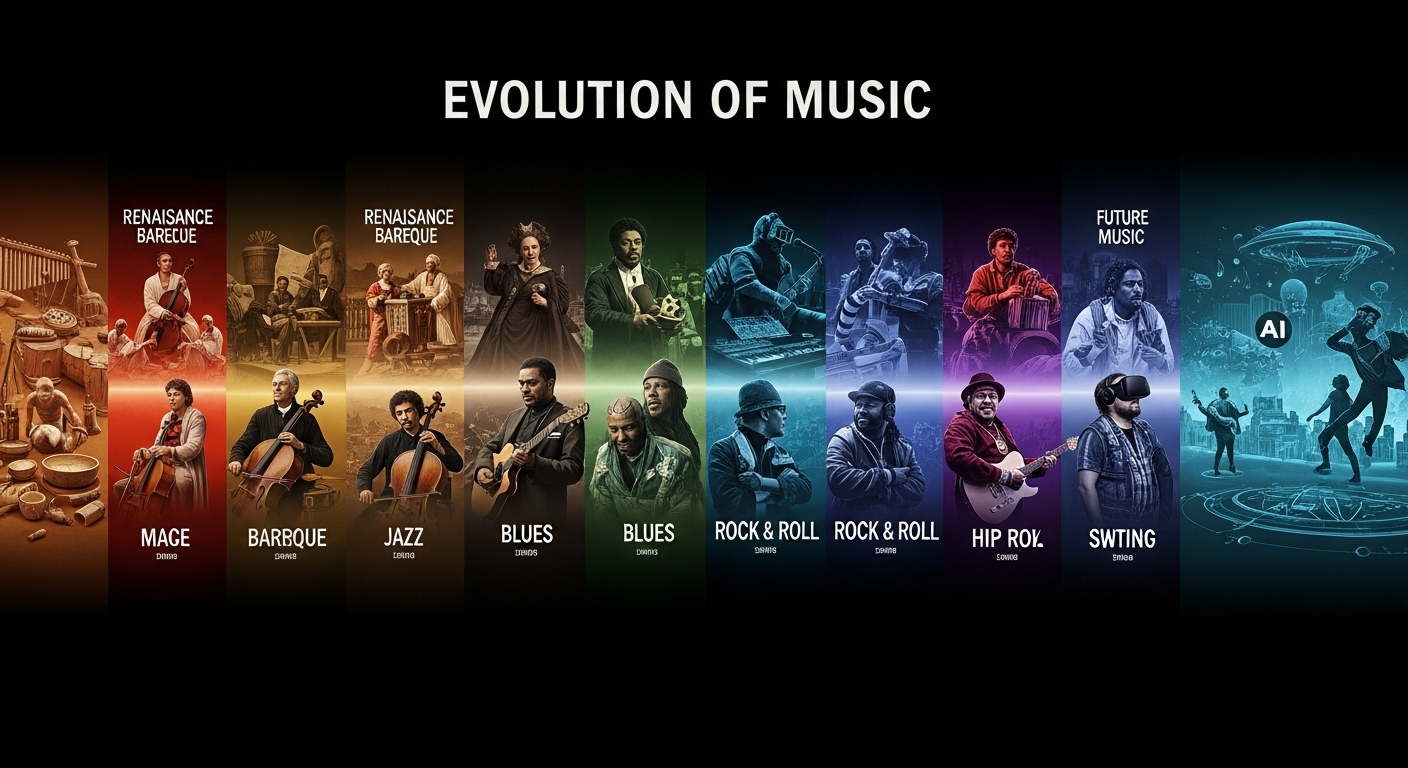**The Power of Music: A Journey Through Time, Significance, and Future Trends**
—
**Introduction**
Music is a universal language that has the power to evoke emotions, connect people across cultures, and inspire creativity. From the rhythmic beats of ancient drums to the intricate melodies of modern symphonies, music has played a significant role in human history and continues to shape our world in profound ways. In this blog post, we will explore the fascinating world of music, delving into its rich history, exploring its significance in society, discussing its applications in various fields, and looking ahead to future trends in the ever-evolving landscape of music.
—
**A Brief History of Music**
Music has been an integral part of human culture for thousands of years. From the earliest forms of vocalizations and simple percussion instruments to the complex compositions of classical music, the history of music is a testament to human ingenuity and creativity. Ancient civilizations such as the Egyptians, Greeks, and Romans all had their own musical traditions, using music for religious ceremonies, entertainment, and storytelling.
The Middle Ages saw the rise of Gregorian chants and troubadour songs, while the Renaissance brought about a flourishing of polyphonic music and the birth of opera. The Baroque period introduced composers like Bach and Handel, who revolutionized music with their intricate compositions. The Classical era gave us Mozart and Beethoven, whose symphonies and sonatas are still beloved today. The 20th century witnessed the emergence of jazz, blues, rock, and electronic music, pushing the boundaries of musical expression to new heights.
—
**The Significance of Music in Society**
Music holds immense cultural and social significance in societies around the world. It serves as a form of self-expression, allowing individuals to convey their emotions, thoughts, and experiences through sound. Music also plays a crucial role in rituals, ceremonies, and celebrations, bringing people together and fostering a sense of community.
Furthermore, music has the power to influence our emotions and mental states, with studies showing that listening to music can have a profound impact on mood, stress levels, and cognitive function. Whether it’s the uplifting melodies of a pop song or the soothing sounds of a classical composition, music has the ability to evoke a wide range of emotions and create a sense of connection between individuals.
—
**Applications of Music in Various Fields**
Music extends far beyond just entertainment; it has a wide range of applications in various fields, including healthcare, education, and marketing. In healthcare, music therapy is used to improve mental health, reduce stress, and aid in rehabilitation for patients with neurological disorders or physical injuries.
In education, music plays a crucial role in cognitive development, language acquisition, and emotional expression in children. Studies have shown that learning music can enhance academic performance, improve memory retention, and foster creativity in students of all ages.
In the world of marketing, music is used to create emotional connections with consumers, enhance brand identity, and influence purchasing decisions. From catchy jingles in commercials to carefully curated playlists in retail stores, music has the power to shape consumer behavior and create memorable experiences for customers.
—
**Future Trends in Music**
As technology continues to advance, the landscape of music is constantly evolving, with new trends and innovations shaping the way we create, consume, and experience music. The rise of streaming services like Spotify and Apple Music has revolutionized the way we access music, making it easier than ever to discover new artists and genres from around the globe.
Artificial intelligence and machine learning are also playing a growing role in music production, with algorithms being used to generate music, analyze trends, and personalize recommendations for listeners. Virtual reality and augmented reality are opening up new possibilities for immersive music experiences, allowing audiences to step inside virtual concert halls and interact with digital musicians in unprecedented ways.
—
**Conclusion**
Music is a powerful force that transcends boundaries, bringing people together, sparking creativity, and shaping our world in profound ways. From its ancient origins to its modern applications, music continues to evolve and adapt to the changing times, reflecting the diversity and richness of human culture. As we look towards the future, the possibilities for music are endless, with technology driving new innovations and pushing the boundaries of musical expression. So whether you’re a casual listener or a passionate musician, let the power of music guide you on a journey of discovery, inspiration, and connection.


